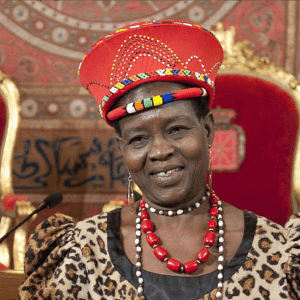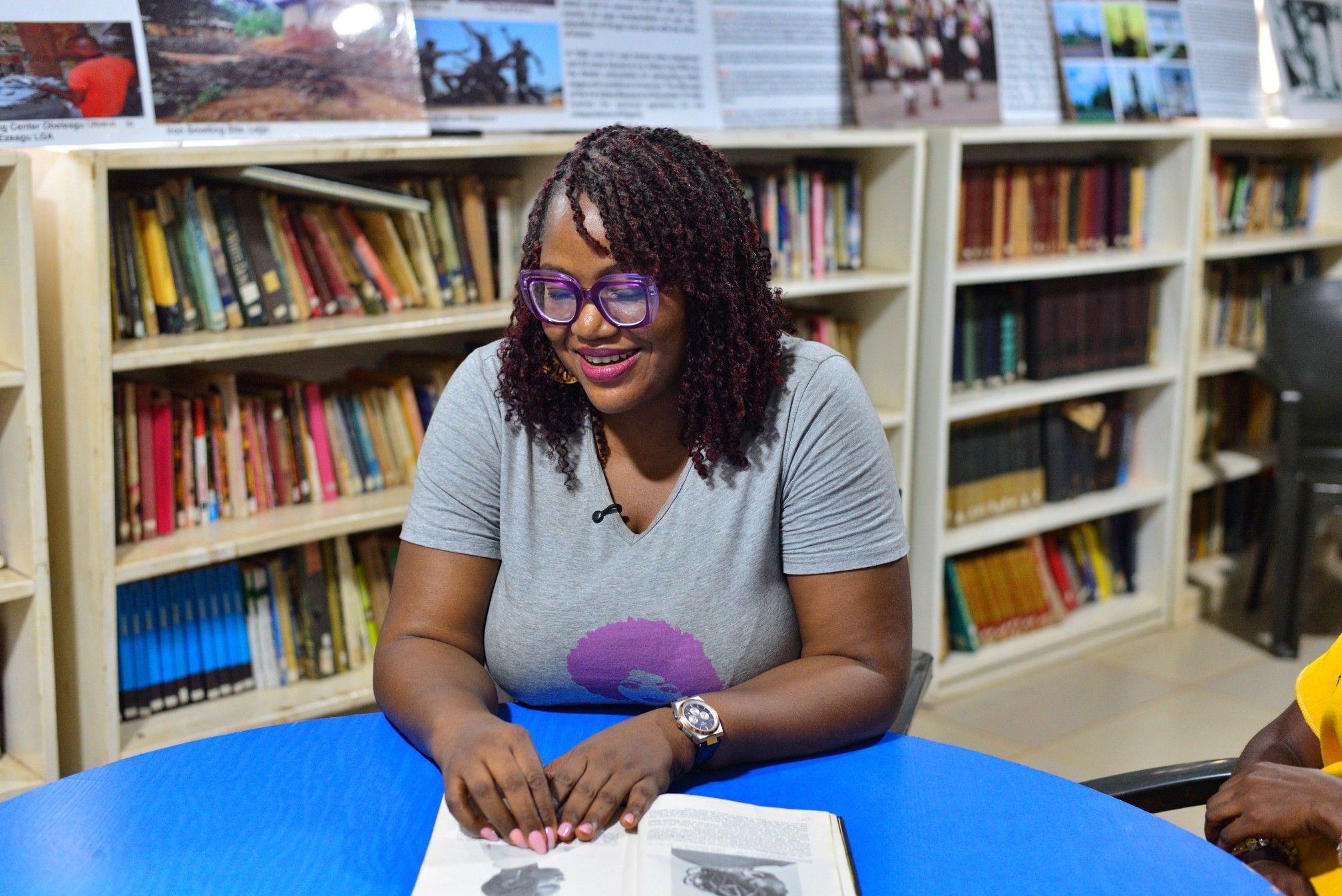Theresa Kachindamoto is a woman with one mission and one mission only, end the practice of child marriage among her people for as long as she lives. Born into royalty, Theresa completed her education with the full support of her father, who was then the senior chief of the Dedza district. She later got a job at a college as a secretary, where she worked for 27 solid years. She was then appointed as the senior chief of Dedza district upon the death of her brother, who had taken over after their father's death.
The council of elders appointed her senior chief in 2003. Because of her educational background, the council of elders unanimously agreed that she had what it takes to run the affairs of her people. What the elders didn't know was that there was more to Theresa than what met the eye. Apart from her unparalleled leadership skills, Theresa Kachindamoto was headstrong in matters of girls' education.
As the first woman leader in her village, Theresa's determination and persistence saw the annulment of 4,000 child marriages. She saved over 850 children from getting married in the first place in the central region of Malawi.
Theresa has fought tooth and nail to see girls complete school because child marriage is a big issue in Malawi—one that is deeply rooted in the culture. And so, before we dig deep into the noble course of the woman of the hour, let us give you a sneak peek into the child marriage predicament in Malawi.
Kusasa Fumbi: The sexual initiation camps for adolescent girls
Kusasa Fumbi loosely translates to brushing off the dust. It means girls brush off their inexperience in sex by practically being taught how to gratify men's sexual desires. The sexual initiation camps are spread across Malawi, and girls are sent to these camps after their first menstruation cycle.
The camps take girls as young as nine years old. As long as a girl has had their first menstruation period, she is eligible for Kusasa Fumbi. The sex initiation training takes two weeks and culminates in a Chisamba, a traditional dance often done bare-breasted. Apart from the dance, the girls must undergo a cleansing ritual that involves having sex with an older man known as a 'hyena' to confirm if they have mastered lessons learnt in the camp.
The cleansing ritual requires the exchange of sexual fluid. So, the 'hyena' does not use protection and can have sex with as many girls in the camp as he likes. These older men are paid for their services. The hyenas are chosen for their morally upright behaviours. And since they are perceived as good people, they are not tested for HIV or any other STI, for that matter.
After the sexual initiation process, these young girls are encouraged to go forth and have sex; otherwise, their skin will become brittle and dry. The ritual is a sign that a girl is ready for marriage. Kusasa Fumbi puts girls at risk of early pregnancy and sexually transmitted diseases. It reduces girls' worth to sex gratification robots.
Statistics on child marriage in Malawi
In Malawi, only 45% of girls stay in school. One in every two girls is married before the age of 15. Children married below the age of 15 make up 18% of the population. 46% of girls drop out of school to get married before the age of 18. Even more shocking, in some parts of rural Malawi, girls get married at as young as 12 years.
The situation got worse with the pandemic. The number of teenage pregnancies escalated exponentially. 57.2% of teenagers between 15 and 19 years became mothers. Additionally, 63.5% were on their way to motherhood.
These statistics are shocking. But what is even more mind-blowing is how dire the situation in rural Malawi is, that parents prefer to marry their daughters off at a tender age to have one less mouth to feed.
Malawi is the sixth most impoverished country in the world. Given that the poverty level is so high, parents can barely meet their families' basic needs. It follows that earning an education is not a priority. And so, marriage takes precedence over education.
Parents marry their girls off to adult men to provide financial security despite the dangers of this practice. Child marriage infringes on the children's rights, such as their right to education. It interferes with the girls' reproductive health. When girls drop out of school, they have fewer opportunities. Again, lack of economic empowerment has a ripple effect on several aspects of their lives. Additionally, early marriage increases girls' susceptibility to gender-based violence, HIV/AIDs, and other STIs.
Now that you have a clear picture of the child marriage situation in Malawi, let us shift gear to the iconic Theresa Kachindamoto, a fierce paramount chief that crushed every obstacle, human or otherwise, to promote girl child education in Malawi.
What makes Theresa Kachindamoto legendary?
The practice of child marriage is deeply embedded in the Malawian culture, and so, to dig its root, Theresa Kachindamoto went over and above to end child marriage. During her early years of leadership, Theresa made the sub-chiefs sign an agreement to end child marriage along with the sexual initiation camps. Despite the push-back she received from the sub-chiefs, Theresa was adamant about abiding by the agreement, and slowly, the sub-chiefs got on board one after the other.
She also started the Mpapa Mothers group, an intelligence network of women spread across 545 villages in Malawi. The Mothers group consists of female informers who supervise and report any suspicious activities around child marriage. The group also goes door to door searching for girls who dropped out of school to get married. They try to convince them to go back to school.
Since most of these girls come from impoverished households, precisely the reason why they were married so young, Theresa Kachindamoto took it upon herself to ensure their school fees were settled. Out of her own pocket, the senior chief spent a fortune to see these girls through school.
What's more, her efforts did not stop at that. She fought fiercely for the government to raise the age of marriage. In February 2017, her efforts bore fruit as the constitution was amended and the marriage age moved from 15 to 18 years for both boys and girls.
Her extraordinary efforts attracted the attention of the humanitarian organisations who came through in support of Malawian girls. The U.N. women, civil societies, the government, and the traditional leaders all supported girls' education.
The Terminator of Malawi, as Theresa is commonly referred to, is a force to reckon with. Her endeavours to ensure that Malawian girls are educated earned her the U.N.'s Leadership in Public Life award in 2017. She continues to fight for girl child education with a strong belief that when girls are educated, everything is possible.
Also Read: Jedidah ‘Malkia’ Lemaron on Putting an End to FGM and Elevating the Dignity of Underprivileged Girls





